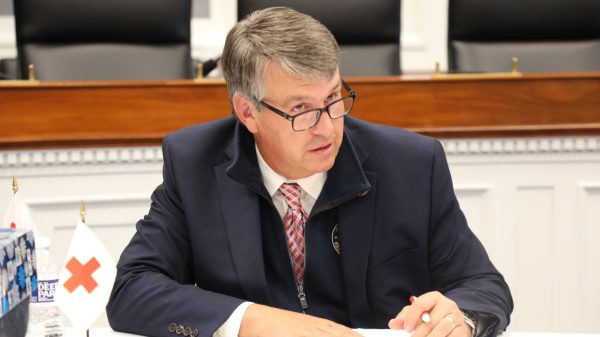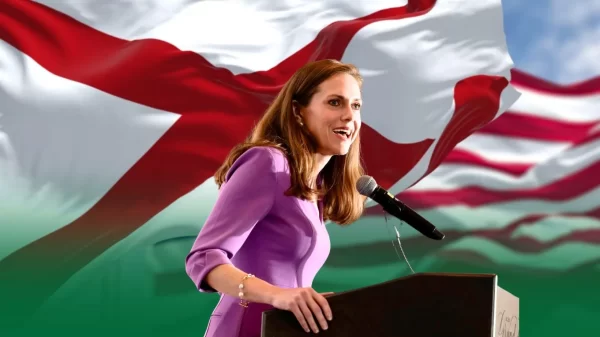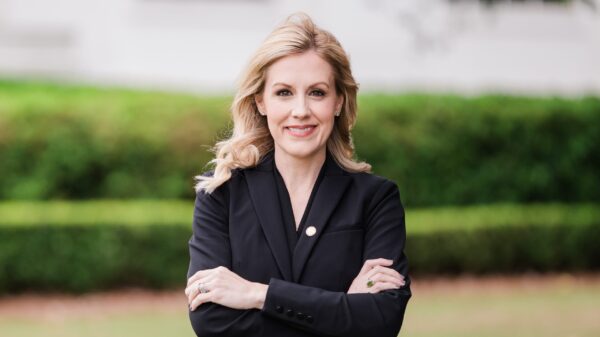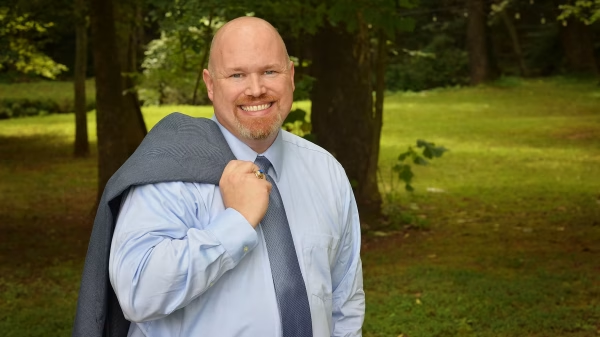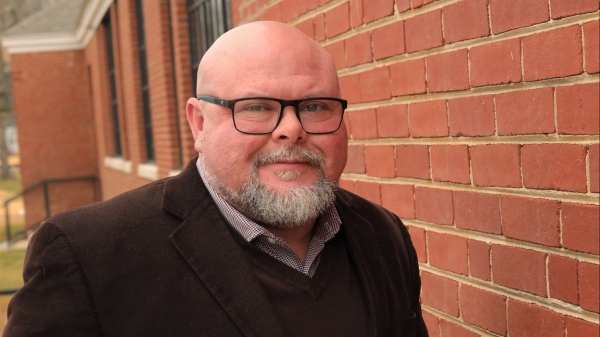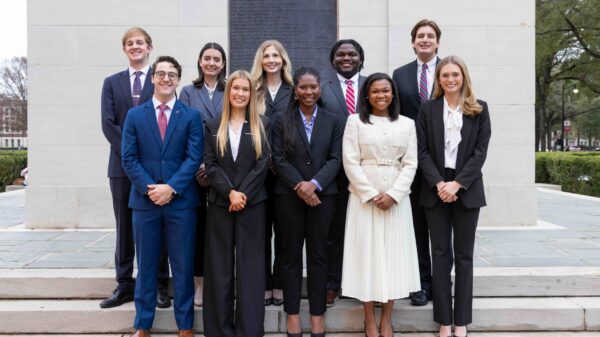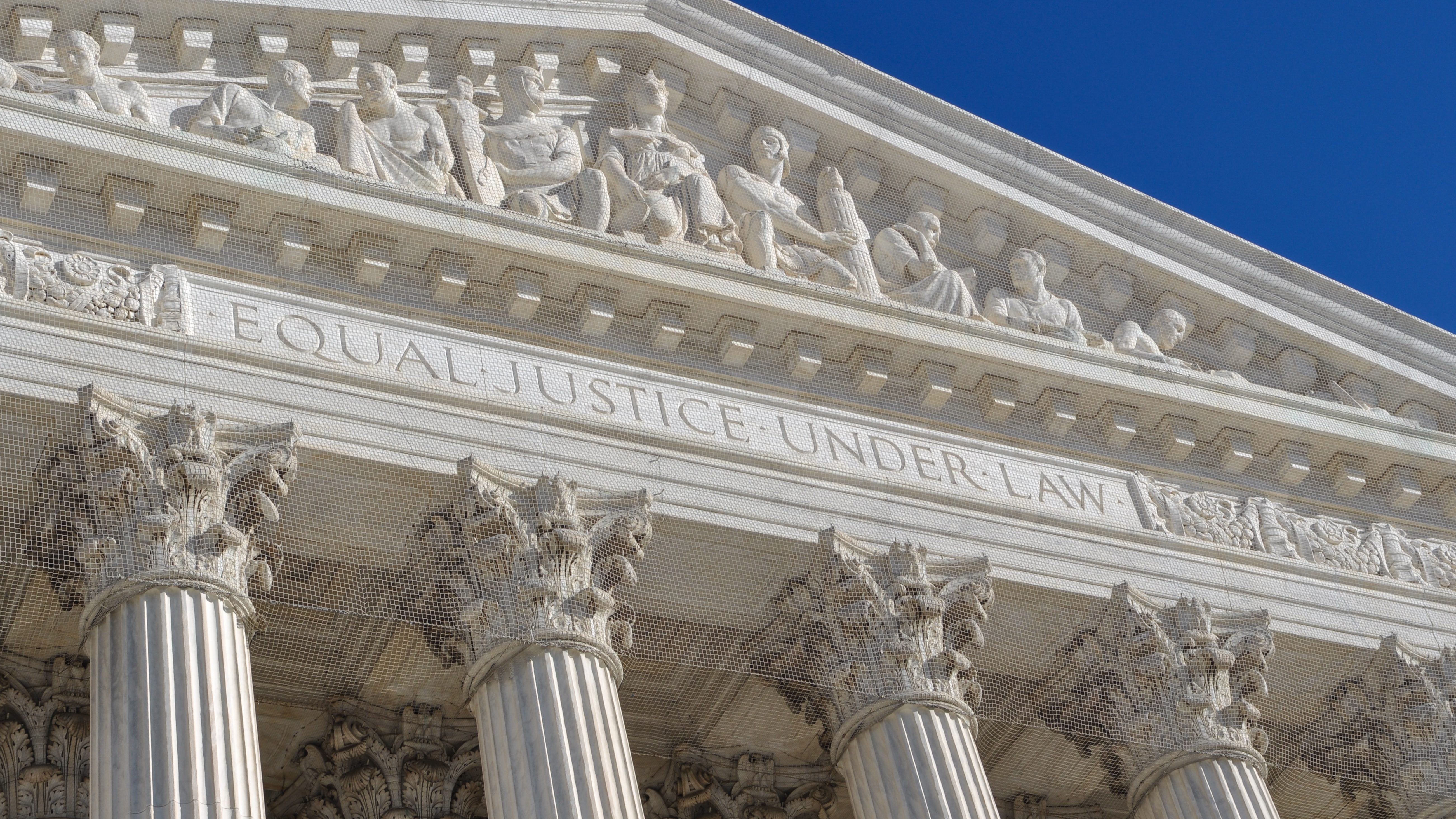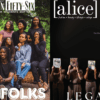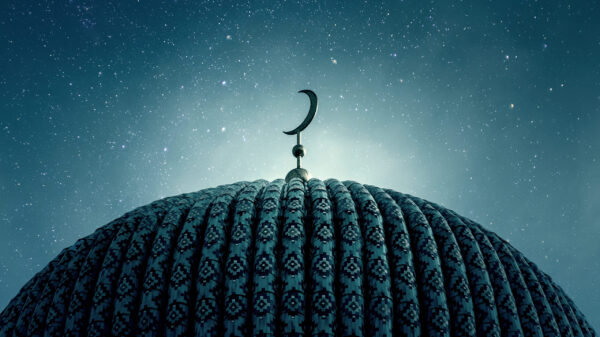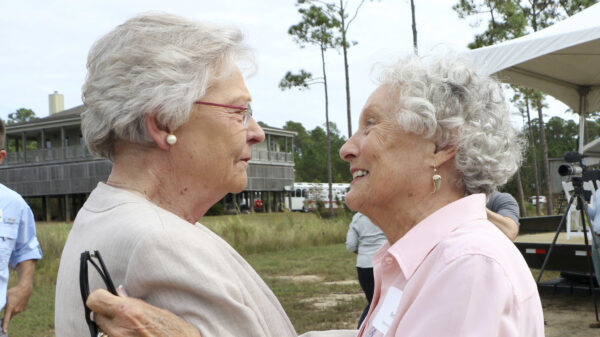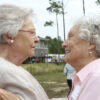Friday, Chief Justice John Roberts angered conservatives when he ruled with the four liberal justices that the state of Nevada does have the power to limit Church attendees to just 50 in a 5 to 4 decision that was a serious blow to religious liberty advocates and signals that the Court’s majority will side with public health authorities on rules designed to slow the spread of the coronavirus.
“SCOTUS has ruled, 5-4, that churches in Nevada are limited to 50 people-Covid you know- but casinos, adult entertainment venues and movie theaters may host up to 500 people at a time,” said Alabama Republican Party Chairman Terry Lathan. “John Roberts, again, sided with the liberals. So Roulette wins out over Religion. Justice Gorsuch’s dissent below is spot on! The 2020 Elections is the fire wall to saving America. Our freedoms of our Constitution are fading away like the parchment paper itself. We can save it. The world needs us to. The world needs us to.”
Lathan said, “How do the Justices “misread” or not apply these words directly from the Constitution “Congress shall make no law respecting an establishment of religion, or prohibiting the free exercise thereof; or abridging the freedom of speech, or of the press; or the right of the people peaceably to assemble, and to petition the Government for a redress of grievances.””
Former State Rep. Mack Butler, R-Rainbow City, said, “The First Amendment clearly states “Congress shall make no law respecting an establishment of religion, or prohibiting the free exercise thereof”. Our congress not only has the authority to remove a bad justice but they have the responsibility to do so. If I was in Congress I would be filing articles of impeachment against the five lawyers in robes that totally ignored our first amendment. Living life upside down.”
Calvary Chapel Dayton Valley, a church 40 miles outside of Reno, argued that it should be able to operate under the same coronavirus rules as businesses. Nevada allows businesses, including casinos and Wal-Mart, to operate at 50 percent capacity as long as they practice proper social distancing. The state however limited worship services to no more than fifty people no matter the capacity of the building. The Court found in favor of the state. The Church wanted to allow up to 90 people to attend.
The state of Nevada argued that it had a public health interest that overrode any freedom of religion issue.
“Temporarily narrowing restrictions on the size of mass gatherings, including for religious services, protects the health and well-being of Nevada citizens during a global pandemic,” lawyers for the state of Nevada argued.
A lower federal court agreed with the state. The Church appealed to the ninth circuit court of appeals, which is still considering their appeal. They did deny the Church’s request for an emergency injunction, leading to the Church’s appeals to the Supreme Court which also denied the motion for a temporary injunction.
“That Nevada would discriminate in favor of the powerful gaming industry and its employees may not come as a surprise, but this Court’s willingness to allow such discrimination is disappointing,” Justice Samuel Alito wrote.
“COVID-19 is not a blank check for a state to discriminate against religious people, religious organizations and religious services,” Justice Brett Kavanaugh wrote. “Nevada is discriminating against religion.”

